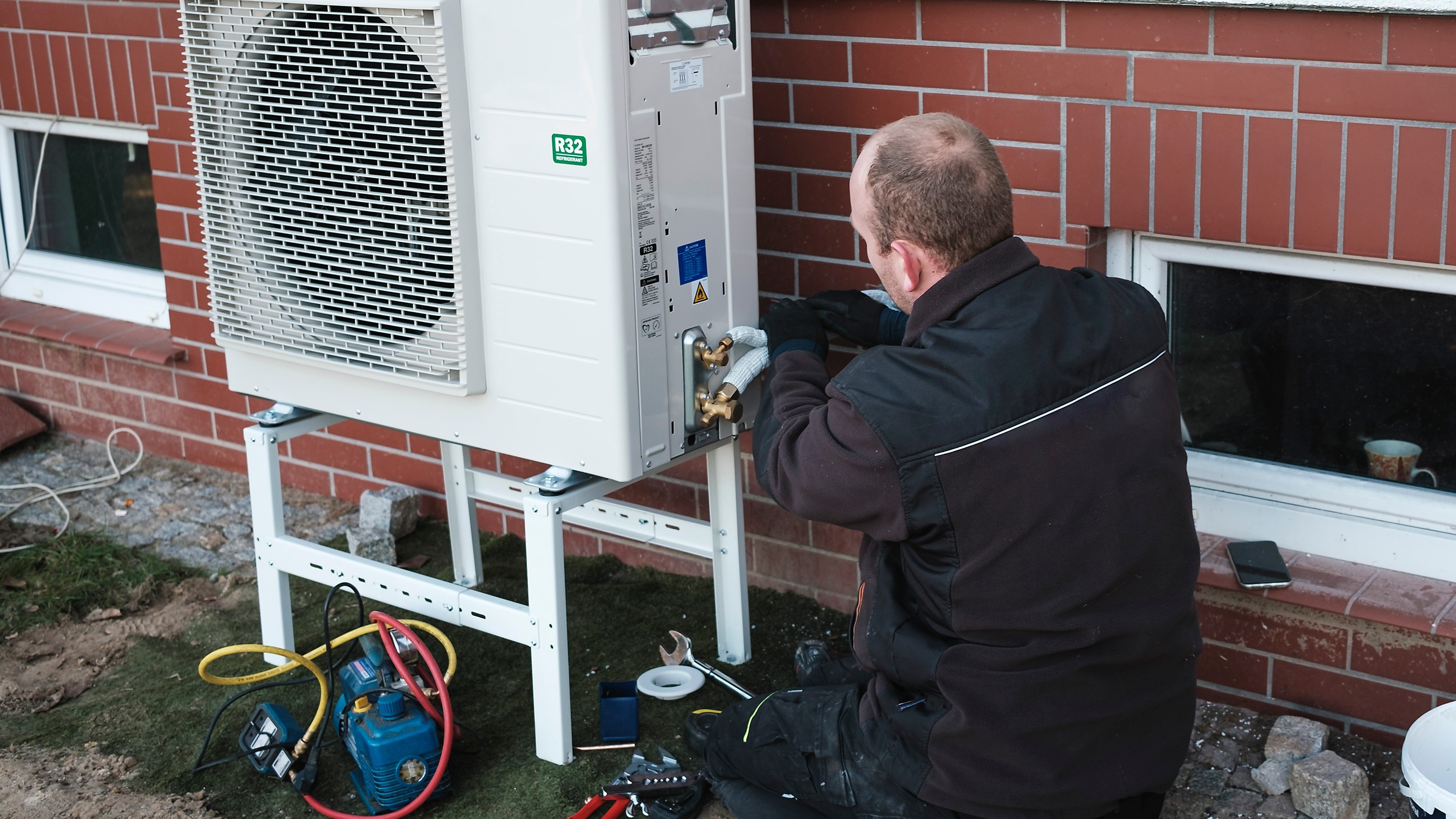
The new UK government is committed to large-scale retrofitting of housing to cut carbon emissions and address fuel poverty. To achieve that, the Building Research Establishment (BRE) argues that it is time to reform the methodology for producing energy performance certificates (EPCs).
By doing so, these certificates can offer much better information and guidance for homeowners, encouraging them to make effective energy and carbon-saving home improvements.
The idea of improving EPCs is not new, though. The certificates were introduced in 2008, and in 2020 the then Conservative government published plans to update some of the systems used in preparing them. Labour should therefore prioritise the publication of its own plans for reforming the certificates as soon as possible.
The new administration has already announced that a consultation will take place by the end of the year, alongside details of its Warm Homes Plan retrofitting programme. It has said this will be issued after the Spending Review, likely to be in the spring.
Rating revisions critical to better efficiency
In January 2024, BRE published Energy performance certificates: enabling the home energy transition, a report giving recommendations for EPC reform.
Official research, published in March 2023, shows that around 30% of the British public say they know or have a sense of their home's EPC rating, while just 5% have acted on their certificates' recommendations.
BRE's proposed reforms focus on making EPC information more useful and relevant for householders, enabling them to understand their home's energy efficiency and encouraging them to consider upgrades to insulation, heating and solar panels.
One of the reforms would be calculating domestic energy performance using the new Home Energy Model (HEM), which BRE is helping to develop for the government as a full update to the current Standard Assessment Procedure (SAP) calculation engine.
A key advantage of this is that, while SAP will model a year of energy use month by month, HEM does so half-hourly. This granularity enables the model to better reflect increasingly common smart technologies such as battery storage, whose benefits derive from using energy flexibly at different times of the day.
More training and up-to-date assessments urged
EPCs are provided by domestic energy assessors (DEAs). But as home energy systems become more complex – with new builds including heat pumps, solar panels and digital energy controls – and greater expectations are placed on the certificate, more attention must be paid to assessors' own expertise.
Currently, DEAs can train in as little as five days, focusing on carrying out the SAP. At BRE we would like to see better-trained assessors. A foundation course could at least be required for new entrants to the sector to provide a fundamental understanding of homes, energy technologies and energy efficiency.
While DEA training times are too short, a certificate's lifespan is probably too long. At present, an EPC must be provided whenever a home is sold or rented out, but if it changes hands again within ten years then the same certificate can be reused.
Homes are changing rapidly: in the past decade, the percentage with an EPC rating of C or above has risen from 16% to 48% as a result of improved insulation and more efficient heating systems.
In Scotland, the government is planning a five-year EPC lifespan, and BRE would like to see the same in England. Which? is also supporting this suggestion in its own recent policy paper on EPC reform.
Data accessibility could enhance retrofits
The EPC can, and should, only provide a first indication of the potential for energy- and carbon-saving retrofits. Other tools and services could build on data collected in the assessment to provide richer advice at the next stage in the customer retrofit journey, when homeowners are looking for a more detailed picture of practicalities, costs and benefits.
Data from EPCs produced in England and Wales is stored on the national EPC register and available on the Open Data Communities site. Most of the data points that are displayed on the EPC certificate are available on the register.
Yet the register also contains – without giving open access to – underlying input data collected for the official assessment and used to produce the certificate, including room areas for instance.
With homeowners' permission, this underlying data could inform further advice and assessments. For example, it could be used by RICS members providing retrofit assessments and services under the Residential retrofit standard.
Certifying older homes can encourage transition
More than a third of homes do not have an EPC, mostly because they have not changed hands in the 16 years since the certificates were introduced.
Homes tend to get renovated when they are sold, so those without certificates are more likely to be older or in poorer condition. These are often the ones most in need of the retrofit information an EPC would supply.
Given the urgency of retrofit action to meet net zero, a provisional EPC could be officially generated for these homes. The data would come from modelling based on national housing stock databases, including the register of homes that already have EPCs.
Such a certificate would not be a substitute for a full EPC based on an in-home assessment. However, when sent out to homeowners it would serve to raise awareness of energy efficiency and encourage them to seek further information and advice, such as a full EPC or a deeper retrofit assessment.
A major transition in home energy is required for the UK to meet the legally binding target for net-zero emissions by 2050, and for a 78% reduction against 1990 levels by 2035.
With our policy reforms EPCs can become a powerful, trusted tool to enable the low-carbon transformation of the UK's homes.
'More than a third of homes do not have an EPC'

